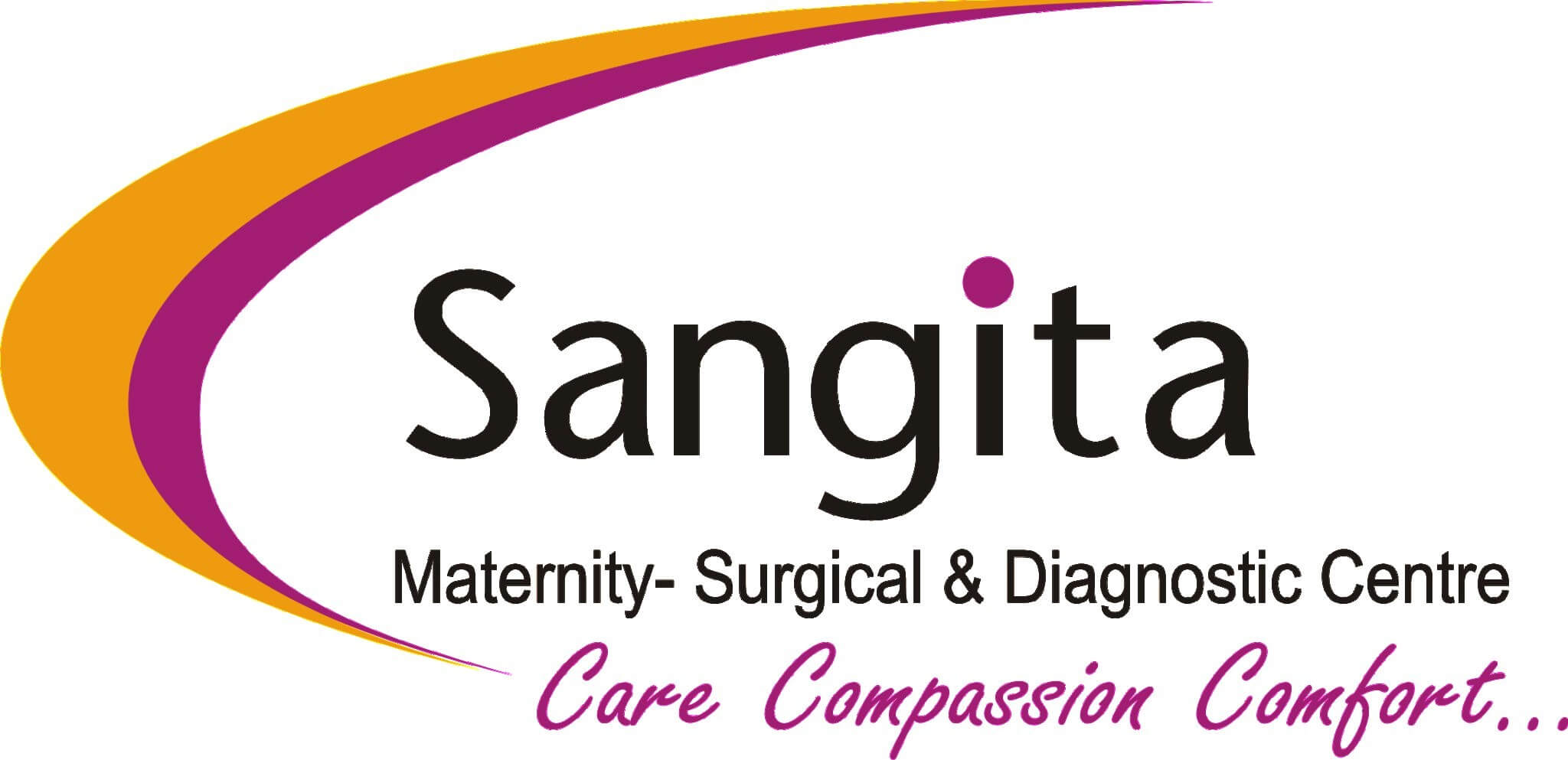High-Risk Pregnancy
High-risk pregnancy is any risk before, during or after the delivery that is life threatening for the mother and her baby. Special care and monitoring should be done throughout the pregnancy. Early and special antenatal care by trained medical staff helps many women to have a healthy pregnancy and delivery without any complications. At times, some pregnancies become high risk pregnancies due to a medical condition present in the mother even before she gets pregnant. In some cases, a medical condition develops during the pregnancy that affect the mother’s or the baby’s life; making the pregnancy risky.
Warning Signs
Immediately get in touch with your doctor if you experience any of the following:
- Dizziness
- Persistent nausea
- Vaginal bleeding or discharge
- Severe headache
- Decreased foetal movement
- Blurred vision
- Fever
- Pain or cramping in the lower abdomen
Risk Factors
- Existing health conditions such as HIV, blood pressure or diabetes, thyroid disorders, heart or blood disorders, asthma.
- Women of more than 35 years of age often experience complications in their pregnancy.
- When there are multiple pregnancies, there are high chances of complications and risks.
- Unhealthy lifestyle choices like smoking cigarettes, drinking alcohol, illegal drug use can have adverse effects on pregnancy.
- Women with pregnancy history consisting preeclampsia, premature births, etc. have high chances of getting these disorders diagnosed in the next pregnancy again.
- Complications developed during pregnancy like restricted foetal development, abnormal placenta position, rhesus (Rh) sensitisation- a condition that occurs when the mother’s blood group has Rh negative factor and the baby’s blood group has Rh positive factor, lead to a high risk pregnancy.
Promoting a Healthy Pregnancy
Consult with your doctor when you are planning to get pregnant. Your doctor might prescribe certain prenatal vitamins with folic acid and advice you to reach healthy weight before conceiving.
Getting treatment adjustments done while preparing for your pregnancy. Also make sure you discuss with your doctor about risks of having a baby if you have a genetic condition.
Regularized prenatal visits can help your doctor monitor the health of the mother as well as the baby.
Avoid smoking, consuming alcohol and make healthy lifestyle choices. All these factors will promote health pregnancy and a smooth delivery.
Special Tests Required
- DNA testing: DNA samples are extracted from the mother and the foetus to detect any chance of specific chromosome problems.
- Foetal ultrasound: an imaging technique of high frequency sound waves is used to produce images of the foetus to detect any developmental problem.
- Genetic screening: tests such as amniocentesis should be done. In this procedure a sample of the amniotic fluid that surrounds the foetus is taken to identify any genetic conditions and abnormalities of the brain or the spinal cord. Another test chorionic villus sampling (CVS) in which sample of the cells of the placenta are extracted to identify genetic conditions.
- Cervical ultrasound: to avoid preterm labour the doctor will get an cervical ultrasound done to determine the length of the cervix.
- Lab tests: Tests for urinary tract infections, HIV or syphilis should be done to identify presence of any infections.


